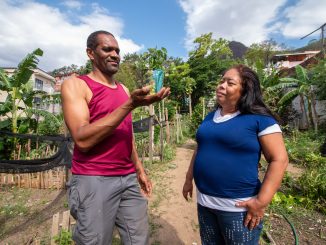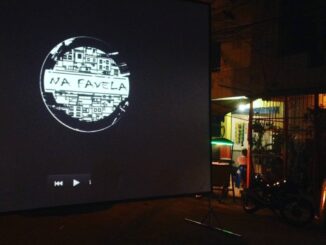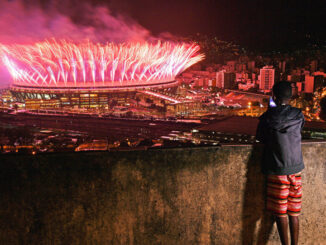Today, a “para inglês ver” (PIV) law, policy or project is one which, from the outside, appears to address a problem, but which in practice is merely a superficial change, a temporary fix or public relations exercise intended to appease community interests and appeal to domestic and international public opinion. It does little to benefit those it purports to help, either because implementation on a well-designed policy is poorly conducted and easily corruptible, or because it is actually designed for political motives rather than social or philanthropic ones. This situation occurs when public officials lack the genuine desire or political will to institute the necessary change, and is usually accompanied by an extensive PR campaign aimed at promoting the policy.

Rio de Janeiro’s ‘Award-Winning’ Mayor Hollows Out Benchmark Favela Climate Initiatives While Hosting C40
Clique aqui para Português November 5, 2025—Rio de Janeiro Mayor Eduardo Paes, like Brazil’s President Lula, has recently been recognized by TIME magazine as one of 100 Climate Leaders. Currently hosting the C40 World Mayors […]




